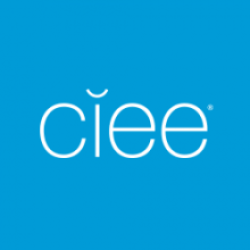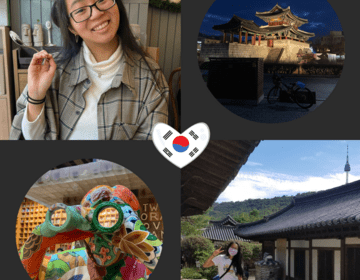Teaching English in South Korea Public Schools: An EPIK Overview
What’s teaching is the public-school system of South Korea really like? It might be more different than you’d expect! The application process can be a bit much for some people, but in the end, you’ll get to inspire a younger generation of eager learners!
EPIK Teaching Placements
One fun quirk about teaching with South Korean public schools is you do not know where you will be teaching until after orientation. Although you will be told which province you will be placed in ahead of time, every detail about your school will remain a mystery until after orientation is over. This can be a deal breaker for some participants as the lack of knowing can be a bit stressful. But, it’s all part of the experience! EPIK also hosts its own 9-day orientation upon arrival that is focused on helping you prepared to teach for the first time. This orientation is very helping in preparing you for your teaching job to come, and you’ll also have the chance to meet some of your peers!
Teaching for EPIK
When teaching with EPIK you will not be alone in a classroom and will always have a co-teacher there. How involved they are in the classroom will vary, but many first -time teachers find it comforting to have someone else there no matter their role is. EPIK teachers will be in charge of classrooms with about approximately 30 students and may teach at several different schools throughout the week. EPIK teachers will sometimes be assigned to up to three different public schools to rotate throughout. This will make it more challenging to get to know your students the way many teachers abroad hope to do. However, the flip side is that you’ll get to interact with even more students! And, if one class is especially difficult (there’s always one) you won't have to see them every day.
In this case, it’s all about preference.
Hours and Holidays
EPIK is a very large and organized system, therefore you are usually able to count on consistency throughout all schools and teaching positions. This can be seen as a positive when it comes to things like teaching hours and holidays. Your teaching hours are standardized with 23 teaching hours per week, plus prep time. EPIK teachers should expect to work a solid 40 hours per week. EPIK teachers also get 22 paid holidays that usually occur in-between semesters, so you’ll have plenty of time to plan trips throughout South Korea during your time there!
Summary
Teaching with EPIK certainly has its pros and cons; it’s all about deciding what it most important for you! Although you have less control over your teaching placements and less time with the same students, you will also be awarded with a great work-life balance. Having standardized hours and holidays means there’s no need to negotiate for your personal time. This is very relieving for some teachers abroad.
On the other hand, EPIK isn’t for everyone! If you’re still torn between public and private schools, read more about Hagwons here!
Related Posts
CIEE CHINGU – A Partner Program for Teachers in Korea
Chingu ( 친구 ) is the Korean word for friend . CIEE Chingu is a partner program included in CIEE’s Teach in South Korea programs! Our goal is to connect... keep reading
TWICE with CIEE: Kayleigh in Korea (PART 1)
Kayleigh is a CIEE alum who participated in CIEE's Teach in South Korea program AND CIEE’s Teach in Spain Volunteer program! CLICK HERE to read her experience in Spain. WHY... keep reading
Learn Korean with K-Media: Advice from Valerie!
Hello! My name is Valerie, and I will be teaching in South Korea through the EPIK program starting this spring. With my interests being in Korean cultural studies, teaching in... keep reading




